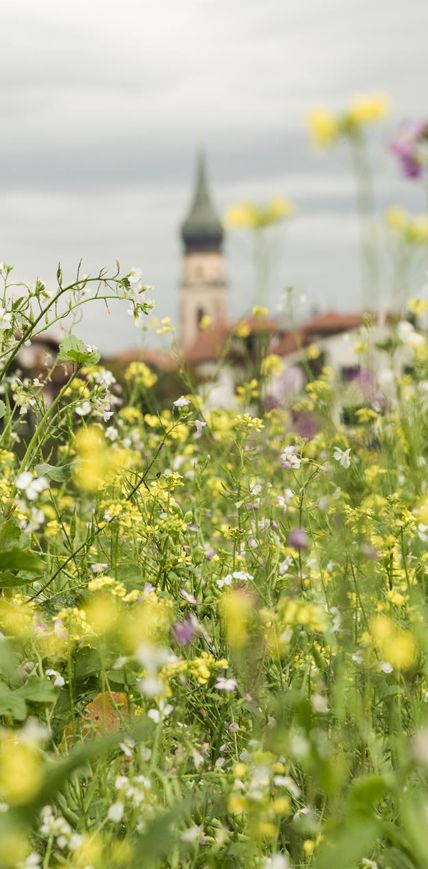Questions & Answers
Which apple varieties are best for strudel? How are our organic apples grown? And how do they stay fresh the longest? Here you’ll find answers to the most common questions about our apples – from organic farming to optimal storage. Discover interesting facts and useful tips!
APPLES
Technically, any apple variety works well for the typical South Tyrolean apple strudel – slightly acidic varieties (Topaz, Bonita, Braeburn) provide a more acidic note in the strudel, sweet varieties make the strudel sweeter (Golden Delicious, Fuji, Gala).
Any sweet apple is ideal, for example, Fuji or Golden Delicious, but also Gala. Some nutrition experts recommend Granny Smith as it contains less sugar, others recommend other varieties.
We use the following 3 varieties: Braeburn, Fuji and Pinova.
The colour of the apples depends on the variety. For example, Granny Smith is always green, Golden Delicious is always yellow with slightly red cheeks. The South Tyrol’s unusual climate, with its sunny days and cool nights, also plays an important role in the development of the apples’ colouring.
Apples are harvested when they reach ‘plucking maturity’. That is the optimum point of ripeness for storing, transportation and sale before reaching the consumer at the point of perfect ripeness for eating. However, apples also produce ethylene which means that they continue ripening at home.
The best thing to do at home is to store them in a cellar at a constant temperature. Alternatively, apples can also be stored in the fridge, but you should take them out a couple of hours before you intend to eat them so that they can be enjoyed at room temperature.
No, not at all. You can eat an apple with its peel – the apple skin contains the majority of the vitamins in the apples. But you should wash apples before you eat them.
CULTIVATION, HARVEST, STORAGE & SALE
It is possible to grow organic apples next to a conventional apple meadow. Regular residue analyses make this possible. Before harvesting, the organic apples growing in the rows of trees on the margins of the meadow are tested for residues. If the tests show positive results for substances that are not permitted in organic cultivation, then these apples are sold as conventional apples.
Each and every apple sold comes from one of the 300 organic farmers who comprise Biosüdtirol.
The main task of the hail net is of course to protect the apples from hail, which can damage them. However, it also protects them from too much sun, which can leave ugly traces. Plus, the net also protects the apples from harmful insects.
Organic farming doesn’t cut out plant protection products completely. However, organic farming employs only nature-identical substances. These are substances that also occur in nature in their pure form.
Apples are picked by hand from the apple trees. Usually the farmer himself takes care of that, with the help of his family and harvest helpers. The harvest period lasts from the end of July to the end of November – depending on the variety of apple.
Apples that have been harvested in the autumn can be treated with a special storage technique and stored until July. This storage method has been used for decades and allows longer storage times. The natural nitrogen content in the air is increased using special equipment, thereby removing oxygen from the rooms. The lower the oxygen level sinks, the more the fruits’ metabolism is slowed. This means the apple breathes more slowly and so the ripening process in the apple also slows down. In this way we can store the apples for a relatively long time.
Those fruits can be used for products such as baby food, apple purée, apple rings, chocolate and apple confectionery, apple juice and even apple leather.


